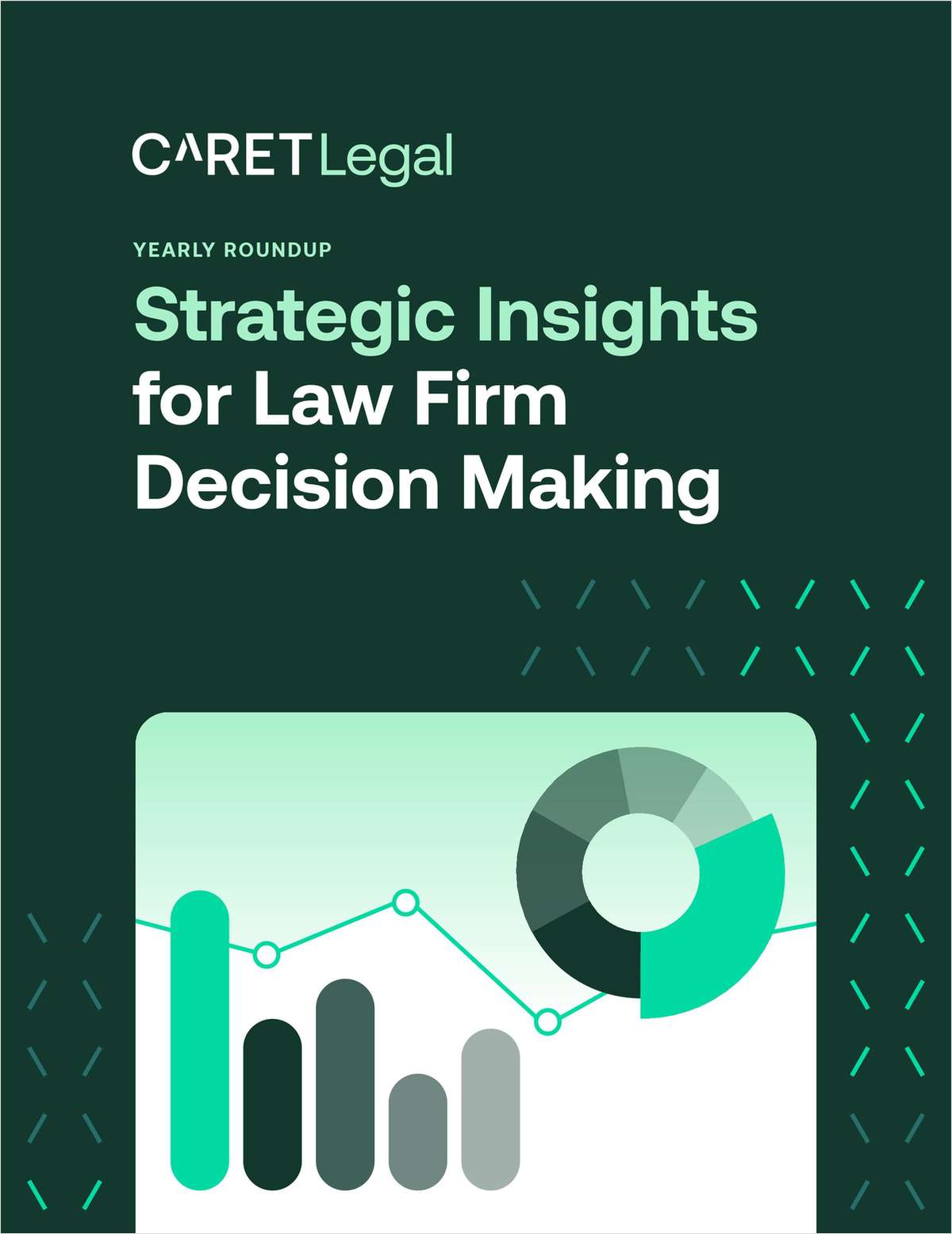 From left to right are former DoubleTree by Hilton hotel employee Danelle Martin and Hayber Law Firm attorneys Thomas Durkin and Richard Hayber. Courtesy photo.
From left to right are former DoubleTree by Hilton hotel employee Danelle Martin and Hayber Law Firm attorneys Thomas Durkin and Richard Hayber. Courtesy photo.Hartford Jury Adopts Labor Regulations as Law, Awards 2 Years' Back Pay to Ex-DoubleTree Bartender
A jury ruled in favor of former DoubleTree by Hilton hotel bartender Danelle Martin in a wage dispute that hinged on tip credit. Martin sued hotel operators United Capital Corp. and AFP Management Corp., claiming the companies underpaid her.
July 09, 2019 at 05:14 PM
4 minute read
A Superior Court jury has ruled that operators of the DoubleTree by Hilton hotel in Windsor Locks violated Connecticut's General Statutes. It found the hotel should have paid one of its bartenders the full minimum wage, as opposed to a lower service wage for hours worked.
In rendering its July 3 verdict after three hours of deliberations, the six-person jury said the hotel's Shade Bar and Grill was wrong when it paid former bartender Danelle Martin $8.23 an hour for nonservice work, instead of the $10.10 hourly minimum wage.
The jury's verdict means hotel operators, United Capital Corp. and AFP Management Corp., now owe the 32-year-old Windsor Locks resident two years of back wages plus penalties.
Hartford Superior Court Judge Kevin Dubay is scheduled to determine what those damages are, but Richard Hayber of The Hayber Law Firm in Hartford, told the Connecticut Law Tribune he believes Martin is owed about $28,000 plus interest.
Hayber, who is Martin's attorney, said his client performed upward of two hours per shift on nonservice work for which she was not paid the full minimum wage. According to an Oct. 30 amended complaint filed in Hartford Superior Court, Martin performed such nonservice duties as preparing the bar, restocking, vacuuming and cleaning the kitchen.
Martin resigned from her job in April 2017, after seven years.
Hayber said the jury found the hotel failed to segregate service work from nonservice work, which violates state law. In addition, the issue of a “tip credit” also took center stage, Hayber said. A tip credit is the reduction in the minimum wage for service employees on account of tips received.
“The story here, for me, is the instructions to the jury by the judge,” Hayber said. “It's about the jury adopting the state Department of Labor regulations as law.”
The judge, Hayber said, instructed the jury that an employer may not use a tip credit on a service employee unless several rules are followed.
“First, service employees must be allowed to keep all of their tips and may not be required to share tips with other workers,” Hayber said. “Second, the restaurant must obtain signed weekly tip statements and, third, the establishment must segregate nonservice work from service work and pay at full minimum wage.”
Hayber, a law employment attorney for 15 years, suggested the ruling is a warning for other businesses, because it's his belief that “many restaurants violate at least one of these three rules.”
Defense counsel, Emanuel Kataev and Jamie Felsen of New York-based Milman Labuda Law Group, did not respond to requests for comment Tuesday. And Johan Liebenberg, the hotel's general manager, also did not respond to a request for comment.
The defense argued the hotel operators were not required to obtain weekly tip statements because their computer system contained evidence of Martin's tips. They also argued her nonservice work was related to her service work, and, therefore did not require the full minimum wage.
“They lost on both arguments,” Hayber said.
The defense has 30 days to file an appeal after the judge rules on how much Martin is owed.
This content has been archived. It is available through our partners, LexisNexis® and Bloomberg Law.
To view this content, please continue to their sites.
Not a Lexis Subscriber?
Subscribe Now
Not a Bloomberg Law Subscriber?
Subscribe Now
NOT FOR REPRINT
© 2024 ALM Global, LLC, All Rights Reserved. Request academic re-use from www.copyright.com. All other uses, submit a request to [email protected]. For more information visit Asset & Logo Licensing.
You Might Like
View All
'Don't Be Afraid to Dumb It Down': Top Fed Magistrate Judge Gives Tips on Explaining Complex Discovery Disputes

State High Court Adopts Modern Standard for Who Keeps $70K Engagement Ring After Breakup

Mass. Judge Declares Mistrial in Talc Trial: 'Court Can't Accommodate This Case'
3 minute read
Trending Stories
- 1US Magistrate Judge Embry Kidd Confirmed to 11th Circuit
- 2Shaq Signs $11 Million Settlement to Resolve Astrals Investor Claims
- 3McCormick Consolidates Two Tesla Chancery Cases
- 4Amazon, SpaceX Press Constitutional Challenges to NLRB at 5th Circuit
- 5Schools Win Again: Social Media Fails to Strike Public Nuisance Claims
Who Got The Work
Michael G. Bongiorno, Andrew Scott Dulberg and Elizabeth E. Driscoll from Wilmer Cutler Pickering Hale and Dorr have stepped in to represent Symbotic Inc., an A.I.-enabled technology platform that focuses on increasing supply chain efficiency, and other defendants in a pending shareholder derivative lawsuit. The case, filed Oct. 2 in Massachusetts District Court by the Brown Law Firm on behalf of Stephen Austen, accuses certain officers and directors of misleading investors in regard to Symbotic's potential for margin growth by failing to disclose that the company was not equipped to timely deploy its systems or manage expenses through project delays. The case, assigned to U.S. District Judge Nathaniel M. Gorton, is 1:24-cv-12522, Austen v. Cohen et al.
Who Got The Work
Edmund Polubinski and Marie Killmond of Davis Polk & Wardwell have entered appearances for data platform software development company MongoDB and other defendants in a pending shareholder derivative lawsuit. The action, filed Oct. 7 in New York Southern District Court by the Brown Law Firm, accuses the company's directors and/or officers of falsely expressing confidence in the company’s restructuring of its sales incentive plan and downplaying the severity of decreases in its upfront commitments. The case is 1:24-cv-07594, Roy v. Ittycheria et al.
Who Got The Work
Amy O. Bruchs and Kurt F. Ellison of Michael Best & Friedrich have entered appearances for Epic Systems Corp. in a pending employment discrimination lawsuit. The suit was filed Sept. 7 in Wisconsin Western District Court by Levine Eisberner LLC and Siri & Glimstad on behalf of a project manager who claims that he was wrongfully terminated after applying for a religious exemption to the defendant's COVID-19 vaccine mandate. The case, assigned to U.S. Magistrate Judge Anita Marie Boor, is 3:24-cv-00630, Secker, Nathan v. Epic Systems Corporation.
Who Got The Work
David X. Sullivan, Thomas J. Finn and Gregory A. Hall from McCarter & English have entered appearances for Sunrun Installation Services in a pending civil rights lawsuit. The complaint was filed Sept. 4 in Connecticut District Court by attorney Robert M. Berke on behalf of former employee George Edward Steins, who was arrested and charged with employing an unregistered home improvement salesperson. The complaint alleges that had Sunrun informed the Connecticut Department of Consumer Protection that the plaintiff's employment had ended in 2017 and that he no longer held Sunrun's home improvement contractor license, he would not have been hit with charges, which were dismissed in May 2024. The case, assigned to U.S. District Judge Jeffrey A. Meyer, is 3:24-cv-01423, Steins v. Sunrun, Inc. et al.
Who Got The Work
Greenberg Traurig shareholder Joshua L. Raskin has entered an appearance for boohoo.com UK Ltd. in a pending patent infringement lawsuit. The suit, filed Sept. 3 in Texas Eastern District Court by Rozier Hardt McDonough on behalf of Alto Dynamics, asserts five patents related to an online shopping platform. The case, assigned to U.S. District Judge Rodney Gilstrap, is 2:24-cv-00719, Alto Dynamics, LLC v. boohoo.com UK Limited.
Featured Firms
Law Offices of Gary Martin Hays & Associates, P.C.
(470) 294-1674
Law Offices of Mark E. Salomone
(857) 444-6468
Smith & Hassler
(713) 739-1250










